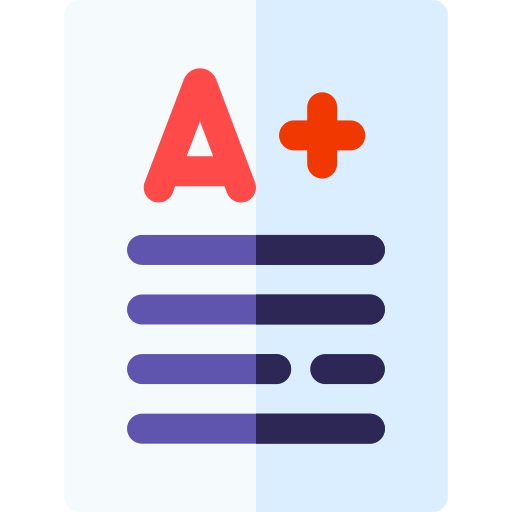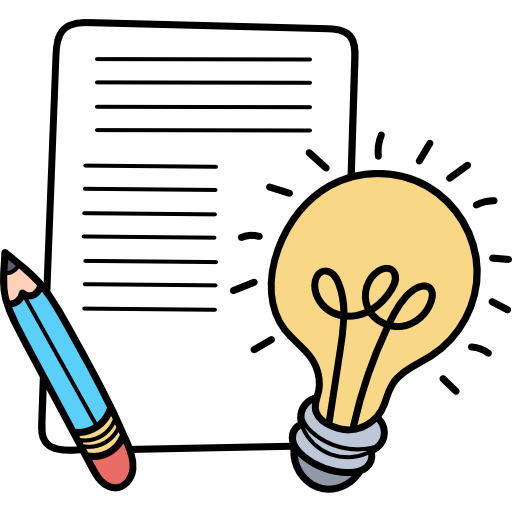ملخص قواعد اللغة الانجليزية للصف السادس
Negation النفي
ا. مع الأفعال المساعدة الأتية نستخدم not ونضعها بعد الفعل المساعد
am - is - are - was - ere - has - have - had -can. could - will
would - shall - should - must - may - might
Ex. - He can swim
He can not swim. (can't) (Make negative)
They are playing
They are not playing . (aren't)
قبل الفعل و نحذف ال (s). | doesn ' t [2-
مع فعل مضارع اخره حرف (s) نستخدم قبل الفعل و نحذف ال (s) doesnt 2-
Ex Ali plays football. Ali doesn't play football
3- مع فعل مضارع ليس آخره (s) نستخدم ('dont) قبل الفعل ولا نحذف شیئا.
Ex. I go to the club
I don't go to the club
4. مع فعل ماضي نستخدم و نعيد الفعل للمصدر. قبل الفعل didn ' t
She cooked lunch
She didn't cook lunch
I bought some books
I didn't buy any books
5. نحذف الكلمة always - usually -. sometimes - مع الكلمات نفسها و نضع never بدلا منها و لانحذف ال (s)
Ex. She always gets up late. She never gets up late
( Ask a question ) عمل سؤال
1. أعيد هذه الأفعال المساعدة إلى بداية الجملة :
am - is - are - was - were - has - have - had - can - could - will - would - shall - should - must - may - might
Ex. He can swim
Can he swim
.They are playing tennis in the club
ملاحظة : نحذف الشيء الذي نسأل عنه.
Where are they playing tennis
2 مع فعل مضارع بسيط آخره حرف (s) نستخدم ( does) أول الجملة و نحذف ال( s) من الفعل
Ali travels to London every summer
When does Ali travel to London
3- مع فعل مضارع ليس آخره (s) نستخدم (do) أول الجملة و يبقى الفعل كما هو
ملاحظة : نحول (1) و (we) إلى (you)
Ex. I go to the club twice a week
How often do you go to the club
و مع فعل ماضي نستخدم (did) أول الجملة و نعيد الفعل للمصدر
Ex We went to London by plane
How did you go to London
ملاحظة : نحول (my ) و ( our) إلى ( your)
السؤال ب هل يكون الجواب نعم أو لا. (No or Yes )
( Tag Questions)
1- تأتي اخر الجملة بعد الفاصلة وتنتهي بعلامة استفهام.
You are a student ...aren't you
You are not Ali....are you
Ali is not here...is hem
Huda is clever ...isn't..he
ان تكون مختصرة في حالة النفي.
إليك هذا الجدول بأهم الأسئلة التوكيدية الدارجة (Tag Questions)
Huda can swim, can't she
You can't speak Spanish, can you
Ali will come soon, won't he
He won't travel next summer, will he
I am not a doctor, am I
He has finished his homework, hasn't he
He has a car, doesn't he
She's gone to school, hasn't she
She's playing tennis, isn't she
Mary doesn't know Arabic, does she
Your father went to the mosque didn't he
We don't go to school on Fridays , do we
Students go to school on Sunday, don't they
I'd better sleep early, hadn't I
KI'd better = I had better) I'd rather go home, wouldn't I
(I'd rather = I would rather)
حالات شاذة
Let's go shopping .shall we
Let us go shopping, will you
Open the door will you
Don't Open the door, will you
I am a student, aren't I
المبني للمجهول Passive Voice
نضع المفعول به کاملا أول الجملة ولا نذكر الفاعل إلا إذا كان ضروريا
1. نضع (is) للمفرد و (are) للجمع للماضي البسيط .
2. نضع ( was ) للمفرد و(were) للجمع
3. نضع (be) بعد ( - shall - should - mtist - may - might ۰ will - World - can . could ).
4. نضع (been ) بعد have , has - had
5. نضع (being) بعد were - wais - are . is • am
نحول الفعل إلى التصريف الثالث في جميع الحالات.
Examples
We keep falcons for hunting
Falcons are kept for hunting
- I write my homework everyday
My homework is written everyday
Thieves stole a precious painting from the museum
A precious painting was stolen from the museum
. The govemments prepared our schools very well
Our schools were prepared very well
The man will build a big house next year
A big house will be built next year
Students should respect teachers
Teachers should be respected
- Huda has finished the exams
The exams have been finished
We have finished the English exam
The English exam has been finished
. We are studying English now
English is being studied now
-We are playing many sports in the club
Many sports are being played in the club
ملاحظة: نحول ( have إلى has ) و ( are إلى is ) و( were إلى was ) إذا كان المفعول به مفرد و العكس إذا كان المفعول به جمع .




